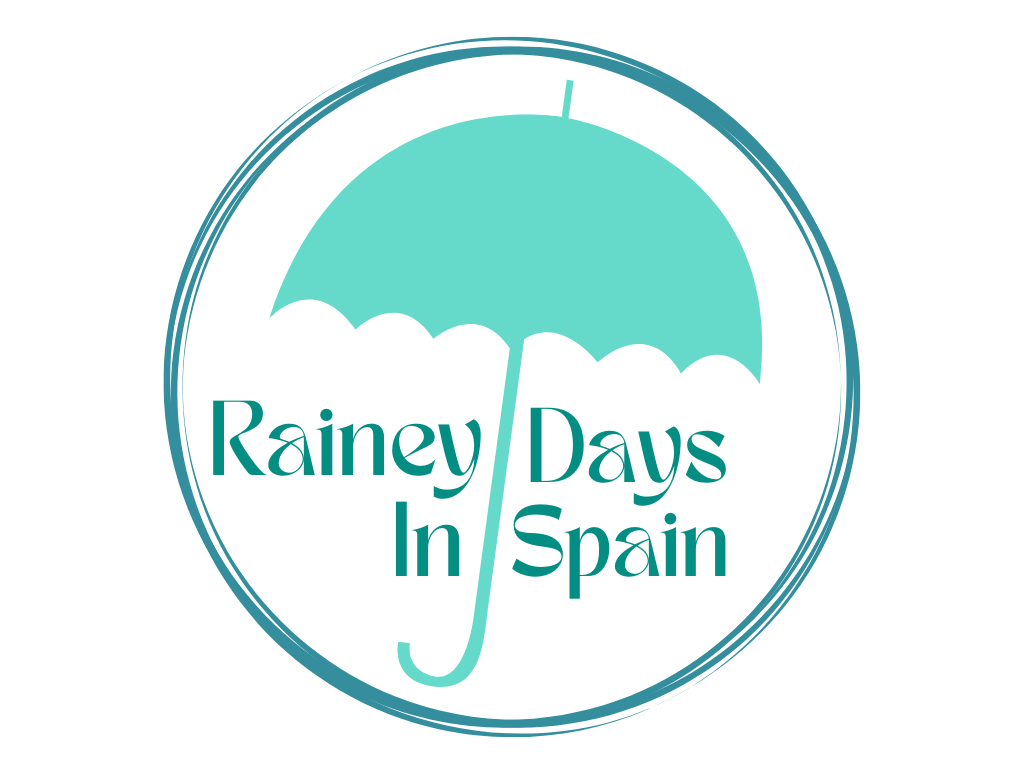One Way Bridges
 As I drove through Lancaster County, PA yesterday after church, I passed cornfields and cows in the countryside, and I appreciated the beauty of that area. Rounding a turn, I came up on a little one lane bridge (not the one pictured here), and I noticed the large yellow "Yield" sign as I entered. The thought came to me, "I bet there is another yield sign on the other side." I glanced back in my rear-view mirror, and sure enough, there it was! Both sides of the road were expected to yield to the other.
As I drove through Lancaster County, PA yesterday after church, I passed cornfields and cows in the countryside, and I appreciated the beauty of that area. Rounding a turn, I came up on a little one lane bridge (not the one pictured here), and I noticed the large yellow "Yield" sign as I entered. The thought came to me, "I bet there is another yield sign on the other side." I glanced back in my rear-view mirror, and sure enough, there it was! Both sides of the road were expected to yield to the other.It reminded me of a little blind alley in France that I used to cut through from a grocery store parking lot to the major road that ran behind it. Everyone used that little alley to avoid the overcrowded intersection nearby. Eventually, the transportation authorities had to put up signs at both ends. In French, they don't say "yield," nor does "right of way" really translate. Their signs have double arrows (exactly like the picture above) and often the sentence, "You do not have the priority." It used to amuse me, though, that the same sign was on both sides. Neither of us had "the priority." But it worked, though! I often observed people who indeed did yield to the other, generally the car that was there first.
Memories of that little alley blended in with thoughts about yield signs in different languages, and I thought suddenly of Romans 12:10, "Be kindly affectionate to one another with brotherly love, in honor giving preference to one another." (NKJV) A one-lane bridge is the perfect picture of giving preference to another, at the expense of ourselves.
The world is a selfish place. Sometimes I'm shocked by the emphasis on self in our culture. One pet peeve of mine: that every news article on the internet can be commented on, so that any person (informed or just idiotic) can spout off their opinion about the news article. They don't want to be left out, so within seconds they can get their two cents in to the discussion. That is just one example of the "me, me, me" trend in our society. It's not natural for us to think of another person more highly than ourselves, to give them honor, or to give them preference. I'm guessing that the Romans had a pretty selfish culture, too. Paul spent much of the chapter dealing with human relations, and a good way to start is in verse 3, "Living then, as every one of you does, in pure grace, . . . the only accurate way to understand ourselves is by what God is and by what he does for us, not by what we are and what we do for him." (The Message)
That's a great way to put ourselves in perspective. I can't insist on my own way, because I don't have the priority. God does, and He chose to humble himself into human form and be like me, in order to extend His grace to me personally. In giving someone else honor or preference, I am following the example of God Himself and extending grace to someone else.
